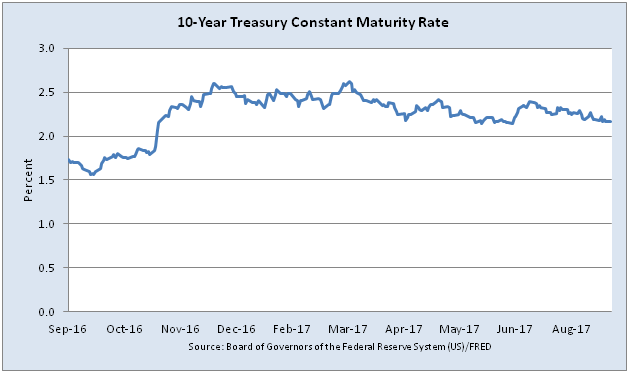Follow us on LinkedIn
Credit derivatives, the types of complex financial instruments that were responsible for the 2008-09 Global Financial Crisis, are back to the news.
Two months ago, Frances Schwartzkopff of Bloomberg reported,
A complex credit product that regulators are still trying to get their heads around is proving popular with some big institutional investors in Europe.
The product is a synthetic securitization, in which a bank pays an investor to take on the credit risk of a portfolio while keeping the actual loans on its balance sheet. The Basel Committee on Banking Supervision has warned such deals can hide a bank’s true risk, while Sweden’s regulator has said it’s planning new rules to keep up with the innovation behind the product.
ATP (Denmark’s biggest pension fund) aims to have 20-25 percent of its credit investments in synthetic securitizations. It now holds around 15-20 percent, according to Lorenzen. He wouldn’t say whether the fund was among investors that bought Nordea’s risk. Read more
More recently, Joe Rennison of Financial Times confirmed the growing popularity of credit derivatives,
The market for “bespoke tranches” — bundles of credit default swaps that are tied to the risk of corporate defaults — has more than doubled in the first seven months of 2017.
Traders in this opaque, over-the-counter market estimate there has been issuance of $20bn to $30bn this year, compared to $15bn in the whole of 2016 and $10bn in 2015. Read more

The growing popularity of credit derivatives can be attributed to the fact that under the current low-yield environment, hedge funds and pension funds are looking for ways to earn higher returns. However, higher returns come with higher risks. And some experts fear that the use of complex credit derivatives will lead to another financial crisis. There are, however, other experts who are more optimistic, as pointed out by the Financial Times article:
Banks structuring the deals say that they are more cautious this time regarding the risks of being caught with exposure on their own balance sheets.
… Investors are using less leverage than was case before the financial crisis, traders say. Leverage up to 20 times is now typical, pushing returns above 5 per cent.
In the same context, Rick Jones argued that the current regulatory environment has made investments in securitized instruments safer than before:
Lessons were learned; hard lessons. The scales have been removed from the eyes of market participants and they are remarkably clear-eyed today. Ratings models are conservative, the regulatory state’s intrusion into capital formation for all its real, and sometimes ridiculous negative externalities, has heightened appreciation of risk and new rules such as risk retention and enhanced capital requirements have made capital formation safer. Read more
Certainly, we have learned hard lessons. But is this time really different?
Further questions
What's your question? Ask it in the discussion forum
Have an answer to the questions below? Post it here or in the forum




